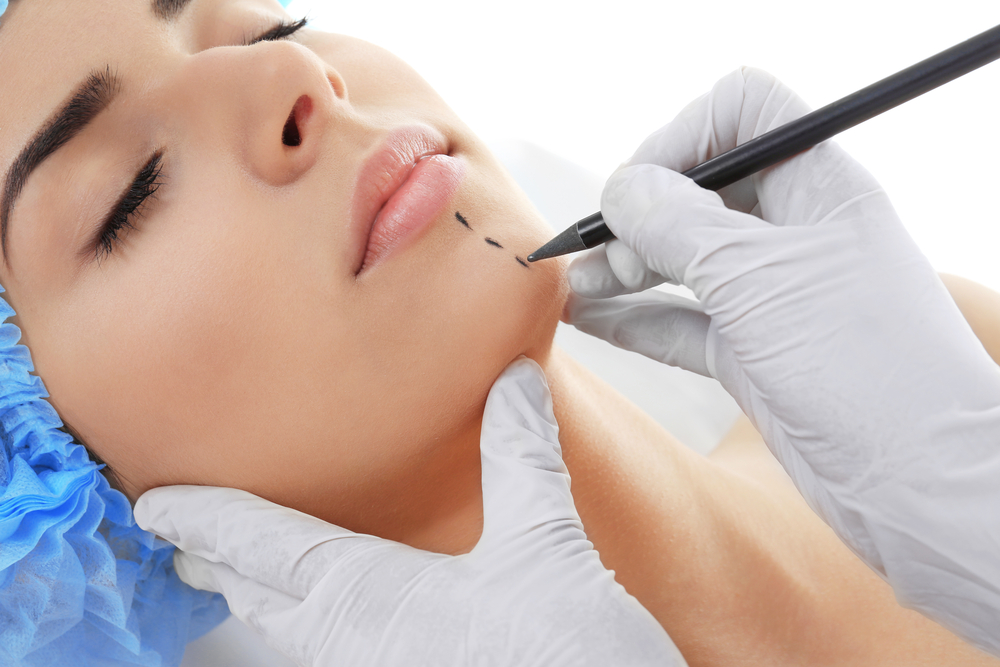Essential Factors to Consider Before Undergoing Cosmetic Surgery
Considering cosmetic surgery requires careful evaluation of benefits and risks. This comprehensive guide discusses financial, health, and psychological factors, emphasizing the importance of informed choices. It highlights that natural beauty and health should be prioritized over societal pressures for perfection. Understanding potential complications, costs, and realistic expectations can help individuals make safer, confident decisions about aesthetic procedures, ensuring their well-being remains the primary focus.

Key Considerations Before Deciding on Cosmetic Surgery
In today's society, the desire for perfect features often drives individuals toward cosmetic procedures. However, the concept of attaining a flawless face and body can be misleading. Each person possesses unique physical traits, and these distinctive features often contribute to their individual beauty. The surge in cosmetic surgery popularity has significantly shifted societal standards of beauty, encouraging many to pursue surgeries to align with often unrealistic ideals. Before making such a decision, it's vital to understand the implications, risks, and alternatives to ensure a well-informed choice.
Many individuals seek minor or major enhancements — such as reshaping their noses, enlarging or reducing breasts, or achieving facial symmetry — mainly to satisfy societal or media-driven beauty norms. But question whether these procedures are truly necessary or beneficial in the long run. Sometimes, natural methods like disciplined diets, consistent workouts, and lifestyle changes can yield satisfying results without risking health or incurring substantial costs. It’s important to weigh the pros and cons carefully.
Deciding to undergo cosmetic surgery involves numerous factors that must be thoroughly evaluated. Cost is a significant consideration—procedures, whether surgical or non-surgical, can be expensive and often lead to financial strain or debt. Beyond the financial aspect, potential physical and emotional risks require careful assessment. Unsatisfactory results, complications, or the need for revision surgeries can increase expenses and impact mental health. Recovery periods can be inconvenient, removing individuals from their daily routines and responsibilities, and multiple follow-up appointments might be necessary to maintain desired results.
It’s also crucial to be aware of the psychological risks associated with cosmetic procedures. The pursuit of perfection can become obsessional for some, leading to repeated surgeries in an attempt to attain an elusive ideal. Such behavior can not only result in physical harm but also cause emotional distress and financial hardship. Many people invest considerable money, time, and energy into creating an artificial appearance, often risking their overall health in the process.
Health risks linked with cosmetic surgeries include scarring, infections, blood clots, nerve damage, and adverse reactions to anesthesia. Particularly for individuals with pre-existing health conditions such as cardiovascular issues or high blood pressure, these risks are heightened. It’s essential to consult with qualified healthcare providers, carefully review all potential complications, and fully understand what the procedure entails before proceeding. Reading and understanding consent forms and medical documentation is an integral part of this process.
Furthermore, it’s important to have realistic expectations. Cosmetic procedures rarely guarantee perfect results; sometimes, outcomes may not meet personal expectations, leading to dissatisfaction or the desire for additional procedures. Embracing one's natural features and focusing on overall health and well-being can often be more beneficial than seeking an artificial transformation. Making informed decisions, considering all risks, and prioritizing health over aesthetic ideals are the best strategies when contemplating cosmetic surgery.





